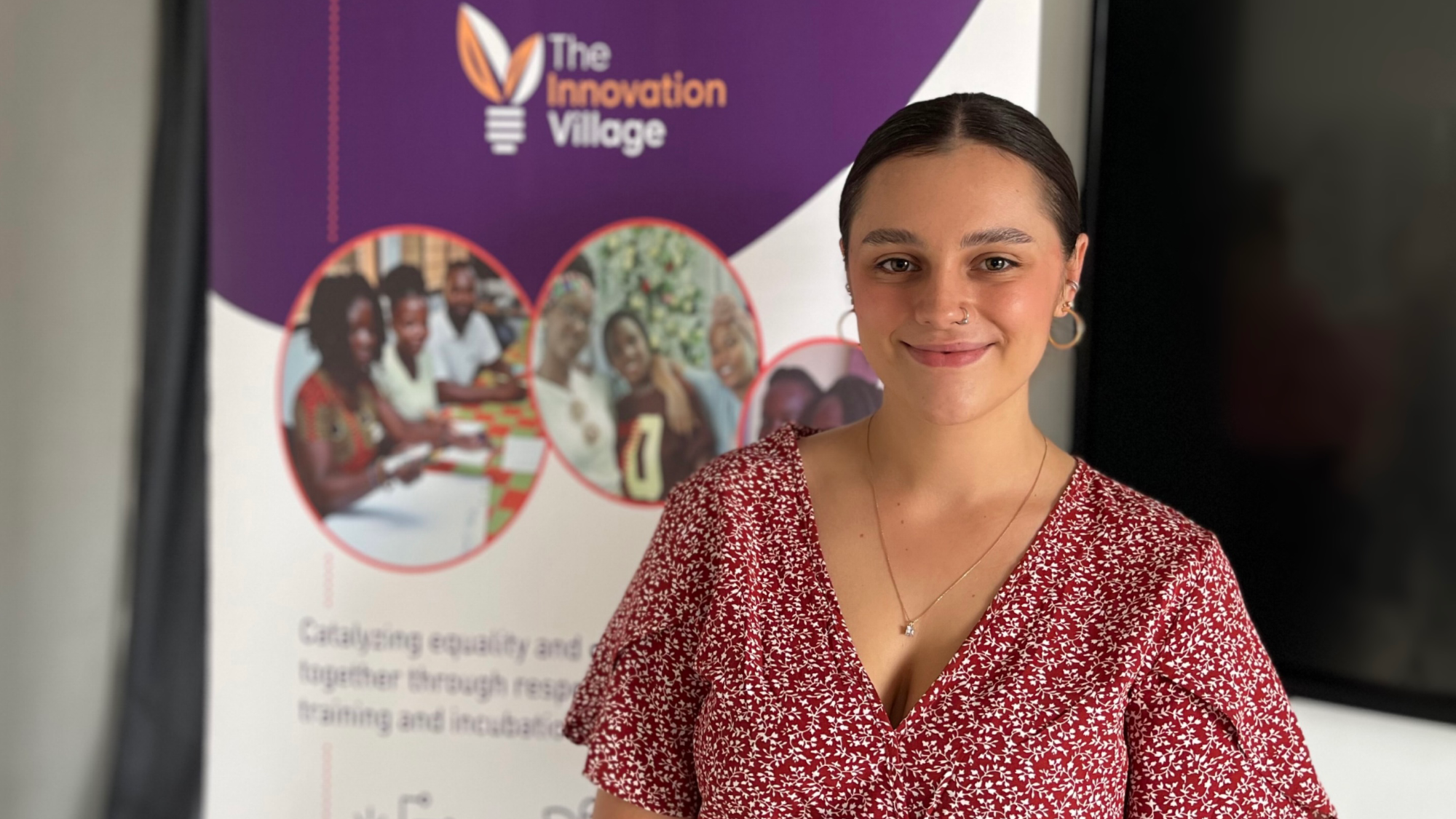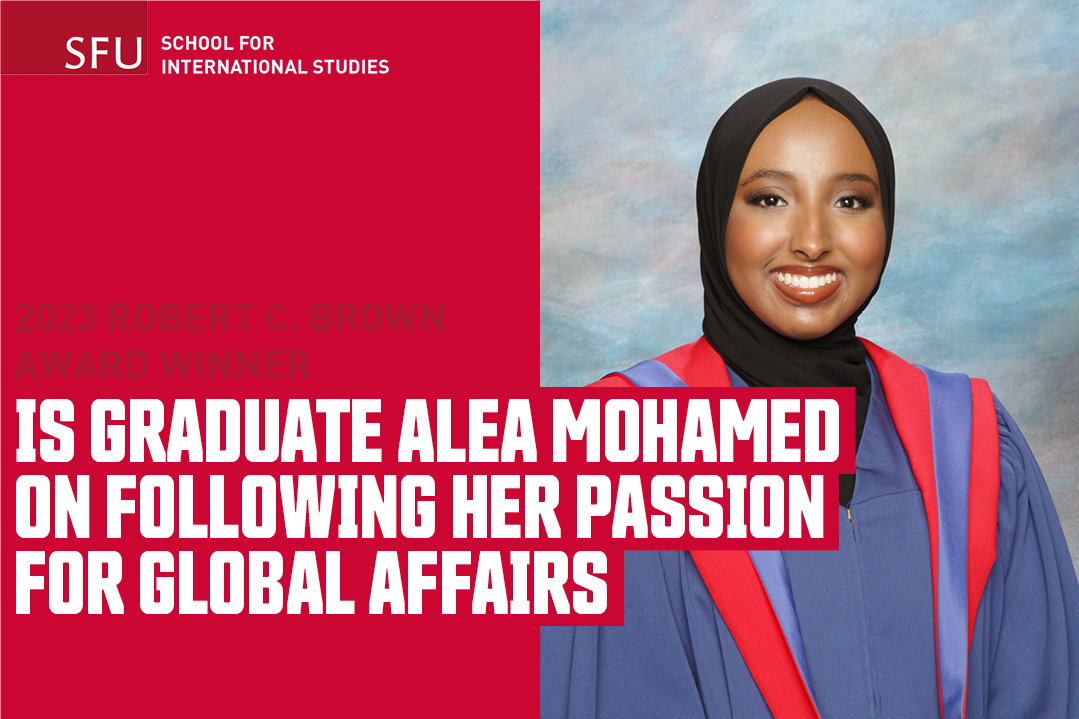- Faculty & Staff
- About
- Departments and programs
- Accelerated Law (SFU-Exeter)
- Anthropology
- Applied Legal Studies
- Cognitive Science
- Criminology
- Economics
- English
- French
- French Cohort Program
- Gender, Sexuality, and Women's Studies
- Gerontology
- Global Asia
- Global Humanities
- Graduate Liberal Studies
- Hellenic Studies
- History
- Indigenous Languages
- Indigenous Studies
- International Studies
- Labour Studies
- Linguistics
- Medical Humanities and Social Sciences
- Philosophy
- Political Science
- Psychology
- Public Policy
- Social Data Analytics
- Sociology
- Urban Studies
- World Languages & Literatures
- Undergraduate
- Graduate
- Alumni
- Research
- Teaching
- News & events
- FASS at Surrey
- Next steps for new students (redirect)
International Studies
Learn about the world that extends beyond where you currently live. Are you motivated to think and work internationally? Examine and gain a better understanding of societies, economies, and political systems in Africa, Asia, Latin America, Europe, and the Middle East.
International Studies mostly revolves around regions facing significant challenges, whether it be long-standing conflicts, a lack of stable institutions that can protect human rights, or institutions that maintain or deepen economic inequality and poverty.
You will choose from one of three specialized concentrations of study:
1. International security and conflict
International politics including the causes, patterns, and consequences of wars within and between states, terrorism, and possible ways of resolving conflicts and building peace and security.
2. Comparative world politics, culture and society
Sociology and politics of different regions of the world; themes such as religion and politics, nationalism and globalism, patterns of democratization and authoritarian rule around the world.
3. International development, economic and environmental issues
Causes and consequences of disparities in wealth and poverty, global economy, development strategies and policies, and environmental issues.
Program Options
Learn more about the different degrees and programs available to you at International Studies.
Undergraduate options
Major
Honours
Joint Major
Minor
Co-operative Education Program
Certificate and Diploma
Graduate options
Career Pathways
What can you expect from your degree? International Studies equips students with knowledge about the world’s complex problems and enables individuals to analyze these realities through an interdisciplinary lens. In our courses and through our many extracurricular opportunities (in Canada and abroad), students gain in-depth understandings and crucial skills in addressing real-world problems and multiple audiences.
- Law
- Diplomacy
- Humanitarism and peacebuilding
- Communications and journalism
- Security and global risk analysis
- Research and academic pathways
- Policy analysis, public administration and service
- Community engagement and community service
"Completing my BA in International Studies at SFU was an eye-opening journey that deepened my understanding of the social, economic, and political dynamics that shape our world. The program not only broadened my perspectives but also allowed me to explore my specific interest in women and children in precarious conditions, as well as Sub-Saharan Africa, in depth. With a faculty offering diverse expertise, support in my areas of interest was always within reach. These unique qualities of the program inspired me to continue my academic journey with a master’s in International Studies - and I couldn’t be happier with my decision!"





